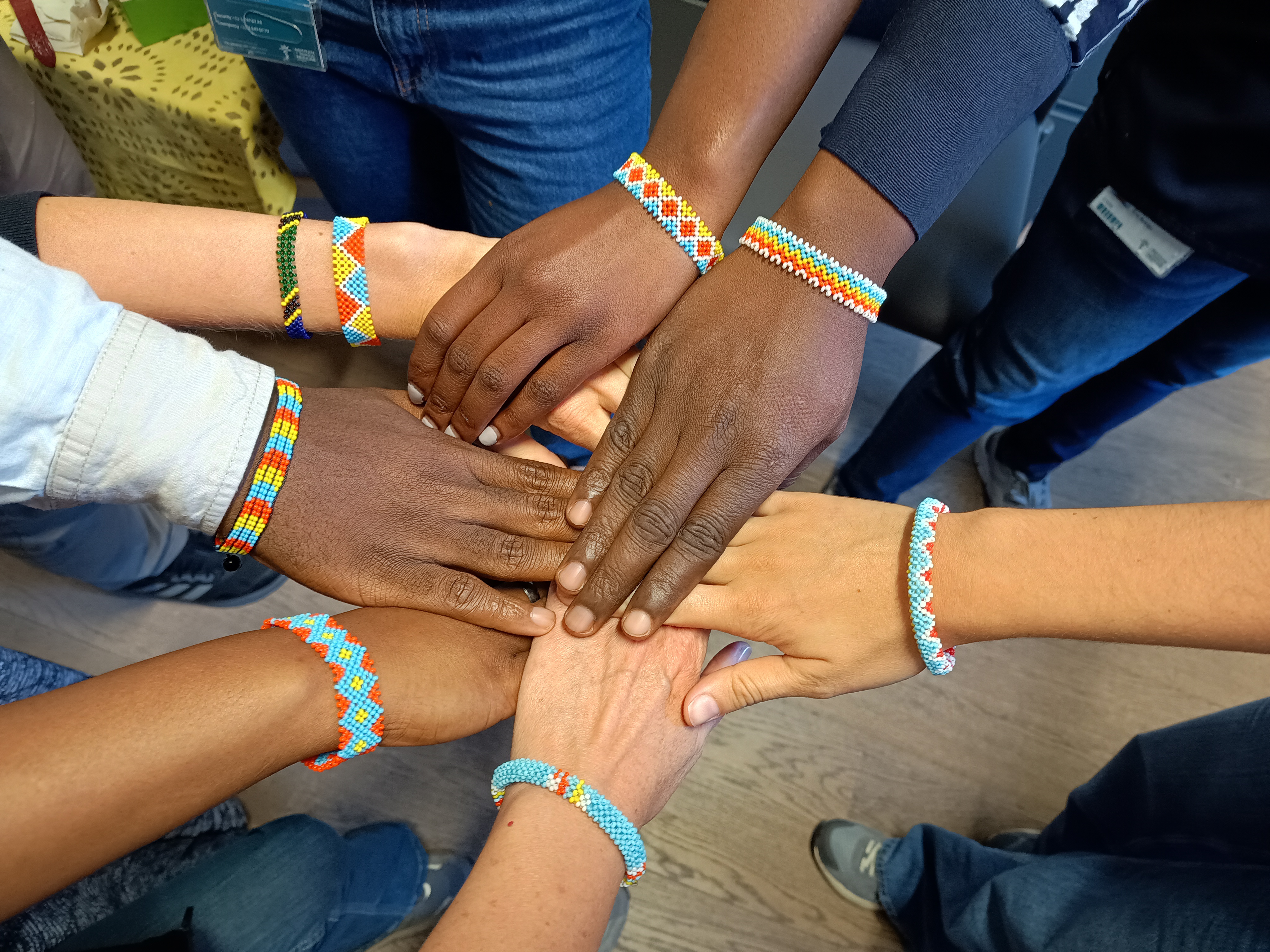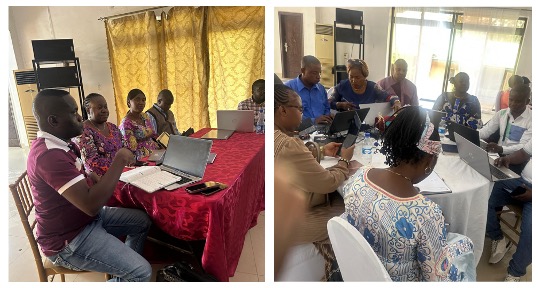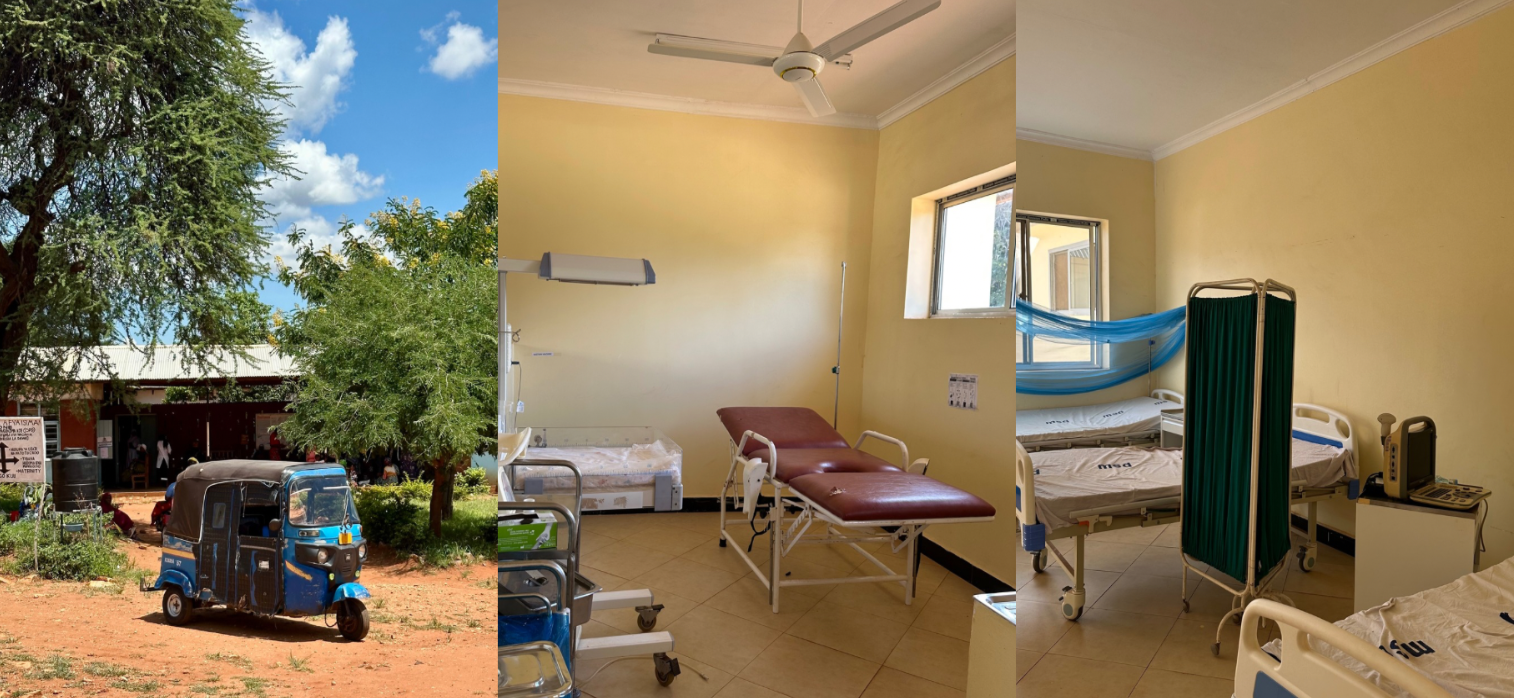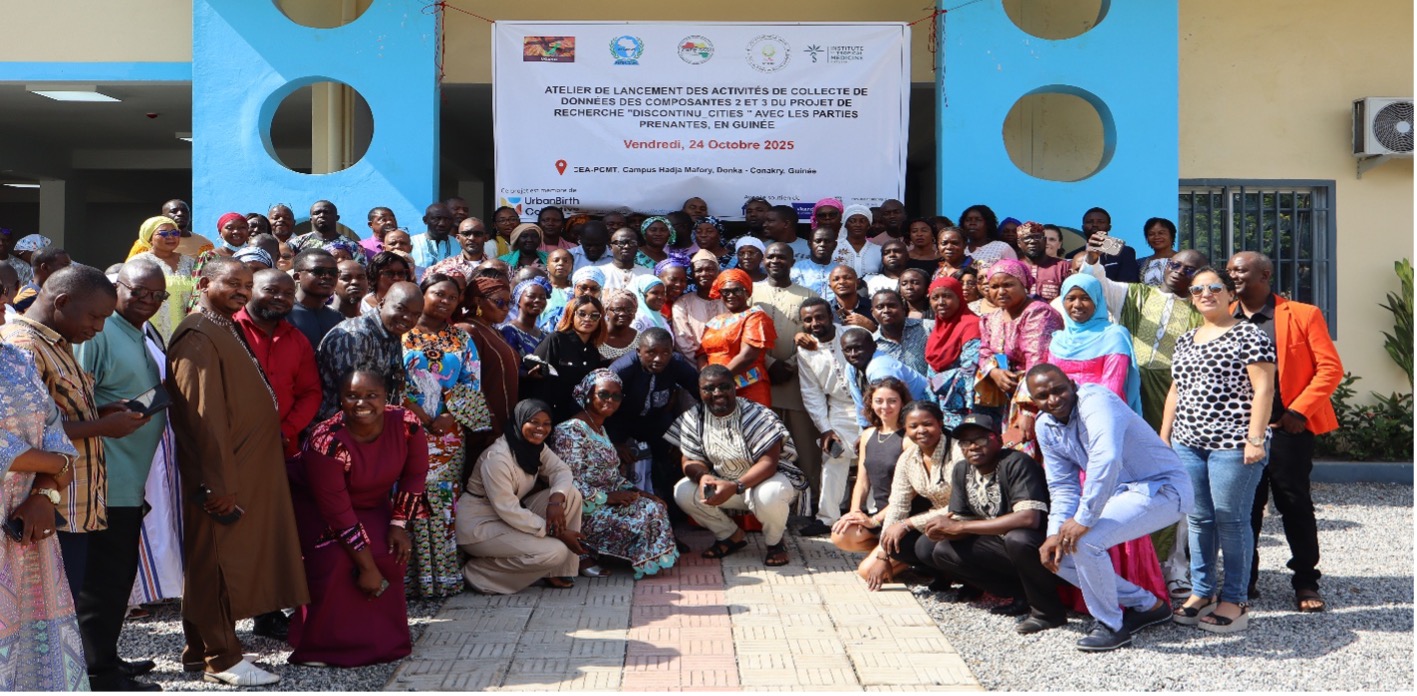

Where: Antwerp, Belgium at the Institute of Tropical Medicine (ITM)
When: June 8-10, 2026
Who: Maternal/newborn experts, urban planners, public health/health systems specialists, geographers, transport and housing researchers, statisticians, mathematical modelers, social scientists, artists, civil society representatives, city administrators and policy-makers
Contact: ubcforum2026@itg.be
----------------------------------------------------
This is not another conference. We don’t want to present at each other. We want to engage with each other and across disciplines and thematic areas. We want to create time and space to have in-depth discussions about topics which are key to understanding the current problems in maternal and newborn health in cities; and about their solutions.
The format of the Forum is a relatively small gathering of a diverse group of people. We want to challenge ourselves to grow through networking, exposure to people from other countries, systems, sectors, and methodological backgrounds. We want to understand life and well-being in cities from the perspective of social realities, space, time, science, policy-making, art and culture. There are no parallel sessions; we seek to maximise discussion & learning time and to minimise lecturing and unidirectional presentations. We especially encourage the presence and involvement of early-career researchers.
On Monday June 8th, we will hold practical sessions on two topics, participants can choose one stream:
Lunch times will be dedicated to a poster display of early-career researchers’ work.
The event will be held in English. We are able to informally support French-speakers who are not fully confident in their English.
Participants are expected to attend the full three days.
We envision that our exchanges and conversations will lead to several commentary-style written outputs, and in the longer-term will inform the way in which we identify, understand, describe, analyse and solve problems related to how women experience living, being pregnant, giving birth, transitioning to motherhood and caring for their babies within the social, geographic, and health system realities of cities.
Our conversations will revolve around three key themes:
We want to talk about the complexity of the care provision landscape. How many health facilities are there in your city which provide maternal/newborn care? Does the private sector provide a large share of this care and how is it regulated? What are the links between health facilities and are referral systems functioning optimally? What inequalities exist in cities in terms of access to good quality maternal and newborn care? And how do we ensure that routine data are accurate and produced in a timely manner to answer these questions and to support decision-making?
How do women and families make decisions about when and where to seek care? Which pathways do they take and why? What challenges do they face, what are their preferences, whom do they trust? How much does it cost to seek healthcare for pregnancy and childbirth? Where do women seek and find formal and informal support? What do we know about the broader environment of cities and their link to women’s health? Let’s also talk about housing, social protection, nutrition, transportation links, pollution, climate change and extreme weather events, traffic, green spaces, dignified work, the economy of cities – all with a lens of how women inhabit, navigate and shape cities.
How are cities performing in terms of maternal and newborn outcomes? What are the methods to study this? How do we innovate these methods to be useful in the future? How do we identify gaps and needs? Which data are needed or can be useful for this? What do we already know? How much do cities have in common versus what is context-specific? Who are the stakeholders who need to be involved in our conversations and communication? How do we reach and engage them? What is our ambition for a timeframe to reach impact?
Attendance at the Forum is by invitation; there is no call for abstracts. If you would you like to attend, please email ubcforum2026@itg.be with a brief summary of how you think you could contribute and benefit from attending the forum. If you know someone who might be interested, we would appreciate it if you forward the link to this page.
There is no attendance fee. Support is available for participants who need it, with priority given to those based in low- or middle-income countries.
The Forum is funded by ITM with the support of the Belgian Development Cooperation.




